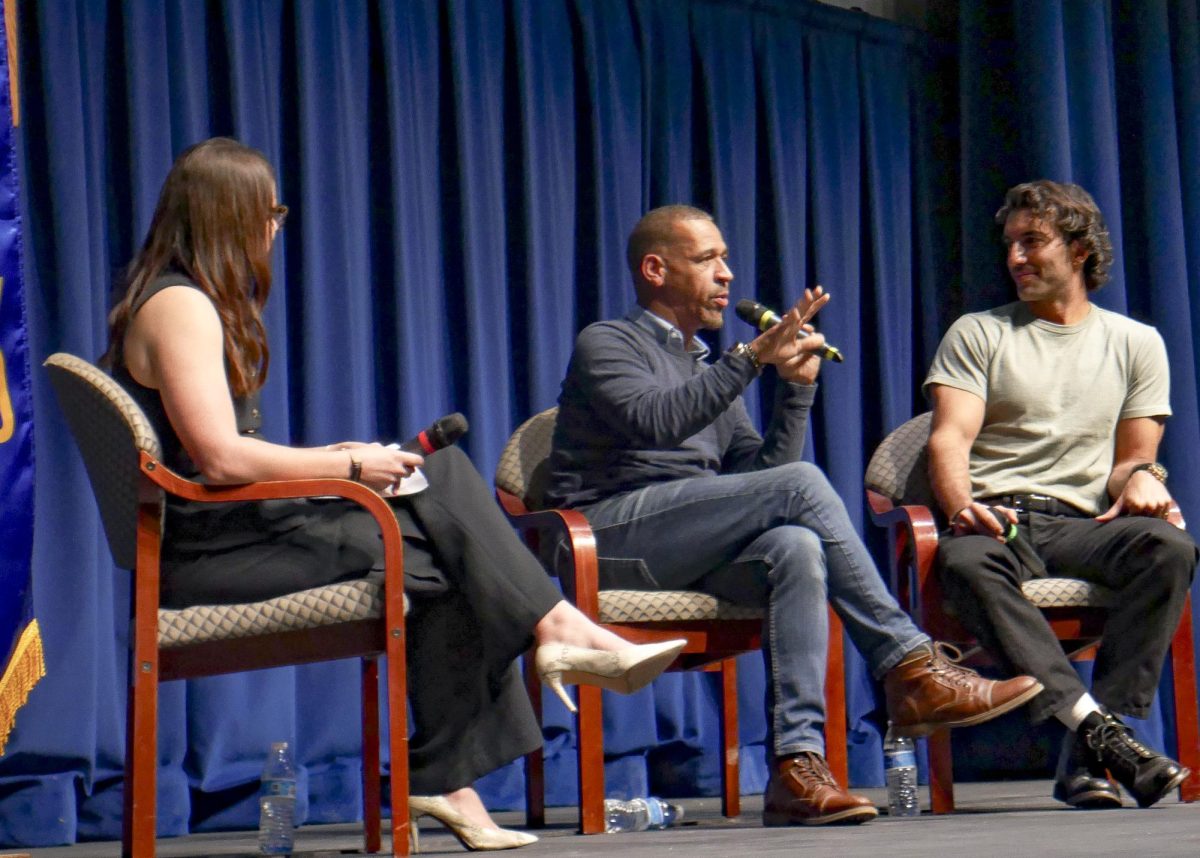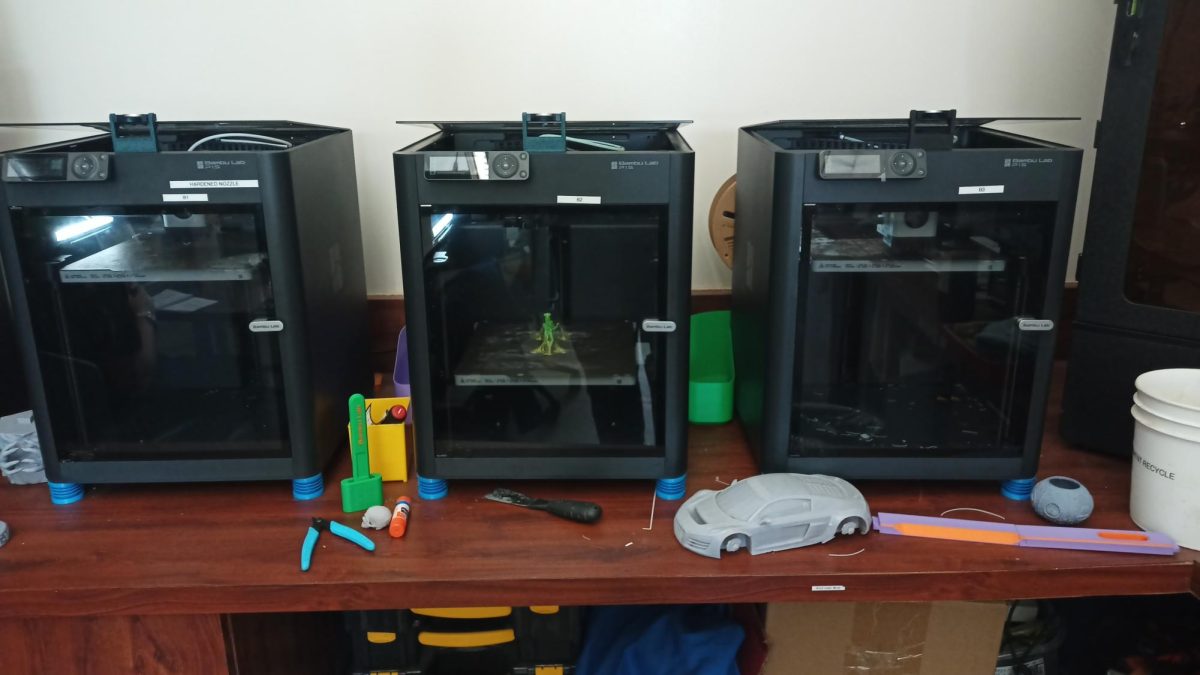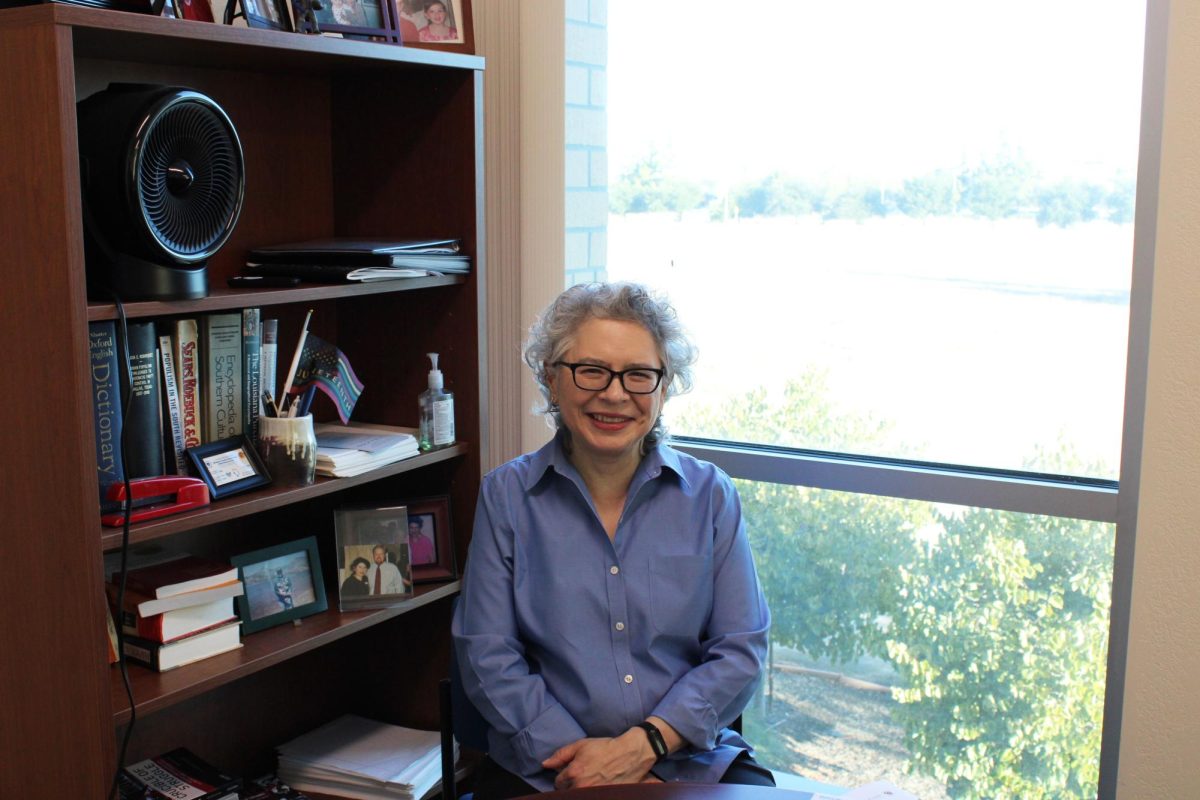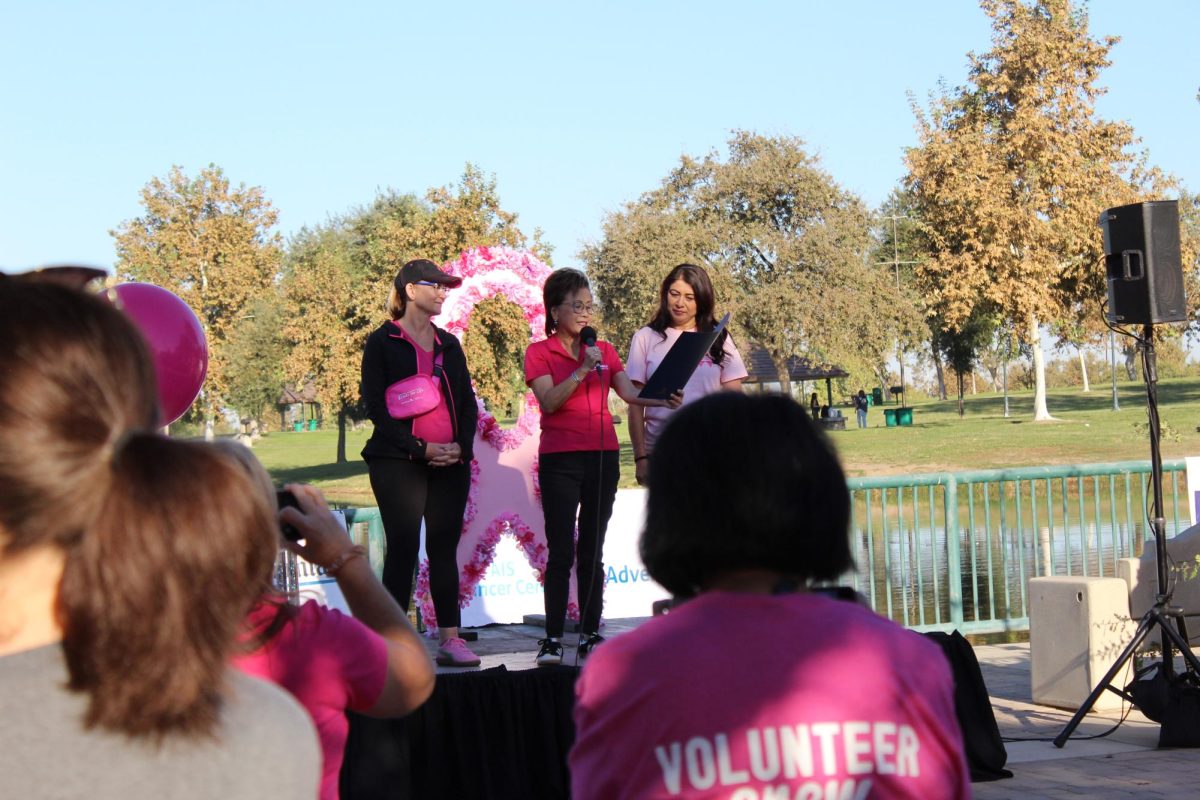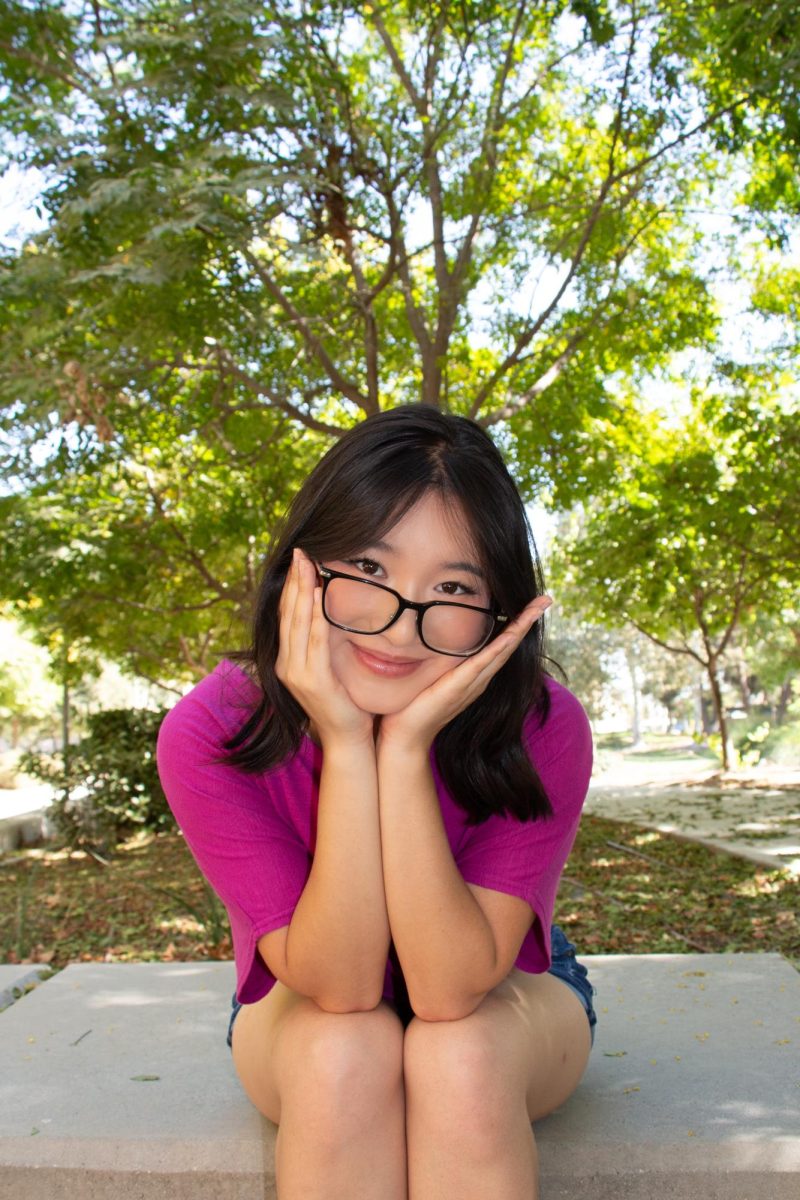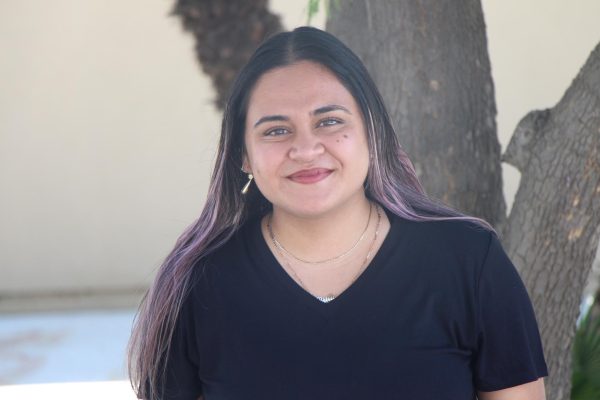Domestic violence is not a one size fits all issue. While physical abuse is the one we hear of the most, there are various types of domestic violence, and scars that are often invisible.
Domestic violence encompasses a variety of abusive behaviors including physical, emotional, psychological, sexual and economic.
Although men are often the perpetrators of domestic violence, they can also play a huge role in combating the abuse.
On Oct. 28 Cal State Bakersfield and The Open Door Network, a homeless shelter in Bakersfield, hosted a conversation with Justin Baldoni, actor and director of It Ends With Us and Jamey Heath, CEO of Wayfarer Studios and producer of It Ends With Us as part of Domestic Violence Awareness Month.
The conversation was moderated by Lauren Skidmore, CEO of The Open Door Network and centered around the importance of having men advocate for women and being allies in the fight against domestic violence.
The film It Ends With Us follows Lily Bloom and her experience with an abusive relationship, showing the emotional complexity of domestic violence, including the love and tenderness coupled with the manipulation and violence that is part of the relationship. This film is about hope and the strength it takes to break the cycle.
Baldoni, who plays the abuser, explained that his goal was to show the abuse through the victim’s perspective. He said that while reading the book he found himself judging the protagonist for not leaving her abuser yet also feeling conflicted for liking the abuser.
That is a reality for many victims, he explained that the abusers tend to be charming and that there are instances where no one believes the victim, making them question their own reality or if things actually happened.
Baldoni was consulted by victims of domestic violence so that he can accurately portray his character and their experience. When talking to survivors, some said that they would look forward to the physical abuse because it was the easier abuse, and it didn’t make them question if they were going crazy because they had the scars to prove it.
“I wanted to make sure that nobody ever again who saw this film would ask the question ‘Why did she stay?’…the question should be ‘Why do men harm?’” said Baldoni.
1 in 4 women in America and 1 in 3 globally have suffered from some type of domestic violence.
“So much harm was caused from insecure men,” said Baldoni.
Baldoni explained that he went to rehabilitation centers to do research for the movie and get a look into why men harm. During the program, he learned that a lot of men who cause harm are so deeply traumatized and insecure themselves that they don’t realize what they have done.
“A lot of [men] are broken themselves… they take their heartbreak, and they break women, but a lot of them have very, very broken backgrounds,” said Skidmore.
Both Heath and Baldoni stressed the importance of men holding each other accountable–whether by challenging harmful language or calling out disrespectful behavior–especially when women are not present.
Baldoni reiterated the importance of “calling men into the conversation versus calling them out,” explaining that men often have fragile egos and calling them out may cause the opposite effect.
Heath encouraged all the men present at the event to ‘be better’ and engage in these types of conversations, and to teach their sons that women are worthy of only love.
Domestic violence remains an uncomfortable and often overlooked topic, but it is crucial to engage in these conversations. Understanding what healthy relationships look like, setting boundaries and most importantly recognizing that every person deserves love and respect are key steps in breaking the cycle of abuse.



